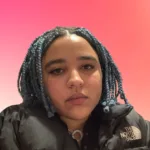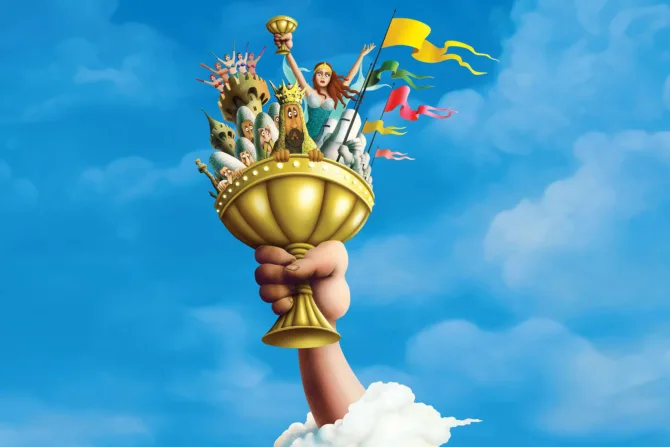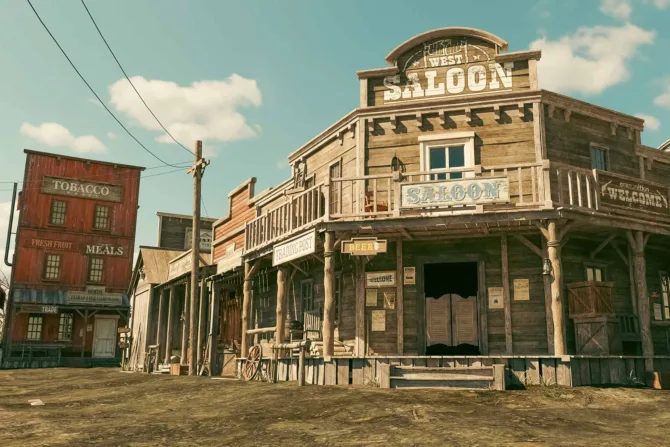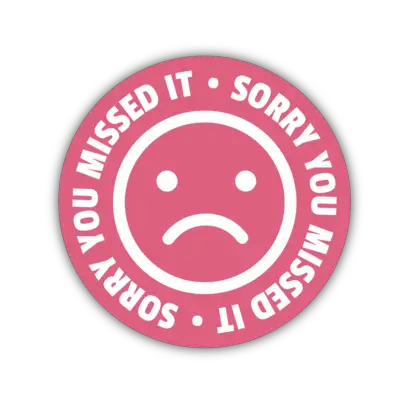
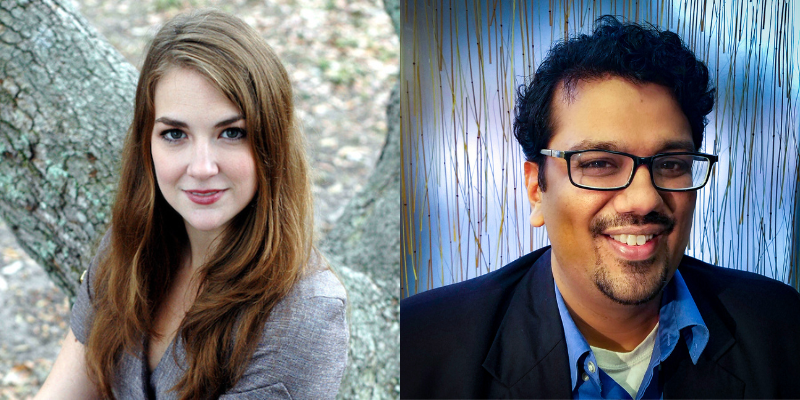
Tuesday, June 13th • 7:30 pm – 9:30 pm
Since weed became legal in Washington a decade ago, the landscape around drug recreational and medical use has changed significantly.
Over the past several years, 23 states have legalized the recreational use of cannabis. And places like Oregon and Colorado have forged ahead and decriminalized psilocybin, the active ingredient in magic mushrooms, and legalized it for therapeutic use. Early research suggests psilocybin can be effective in treating—in controlled settings—things like PTSD and depression. And now, it’s time for methylenedioxymethamphetamine to get its shine.
Originally synthesized in 1915 by German pharma company Merck, people have used MDMA (also called molly or ecstasy) in many different ways. In the ‘50s by the US army as a sort of truth serum, in the ‘70s by therapists for couples counseling, and—perhaps most (in)famously—by ravers in the ‘80s and ‘90s seeking divinity on the dance floor. When the government criminalized the drug in 1985, MDMA was mainly demonized and regulated to the confines of black markets. But now, as other psychedelic drugs are having mainstream breakthroughs as tools for therapy, studies have suggested that MDMA could be useful for people struggling with PTSD.
Molly’s history, chemistry, and promising future are discussed at length in science journalist Rachel Nuwer’s newest book, I Feel Love: MDMA and the Quest for Connection in a Fractured World. Nuwer dives deep into the research, dispelling misinformation about MDMA and uncovering its potential to unite us as a species. “Whether discussing all-night raves, mental health interventions, or cutting-edge neuroscience, across all of my reporting about MDMA, one major theme emerged: connection,” she writes. On June 13th, Nuwer will be in conversation at Town Hall with physician and medical geographer Dr. Sunil Kumar Aggarwal. Go and expand your mind.
💌 Be Our Pen Pal! Find out what’s happening in Seattle by subscribing to our newsletter.

